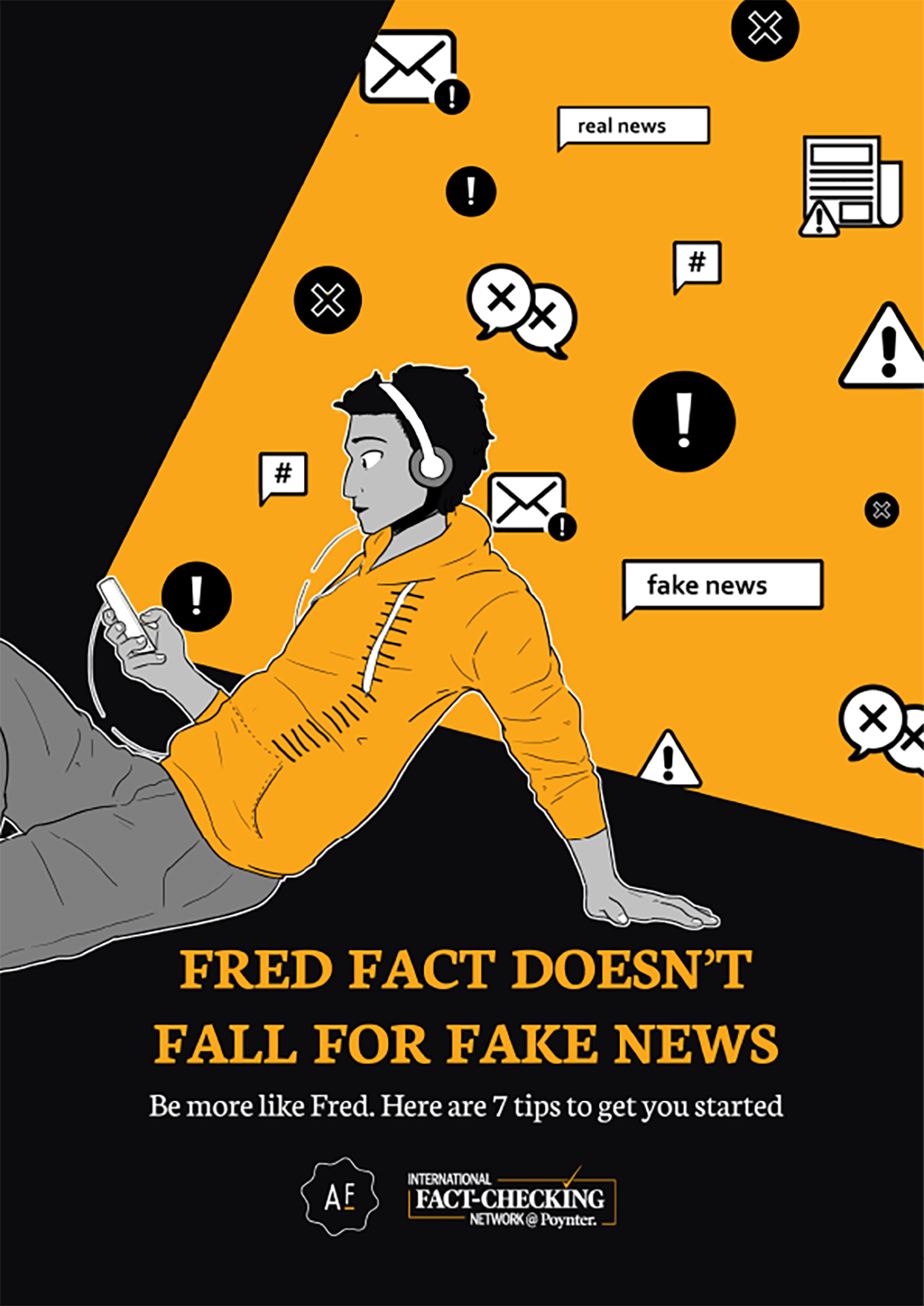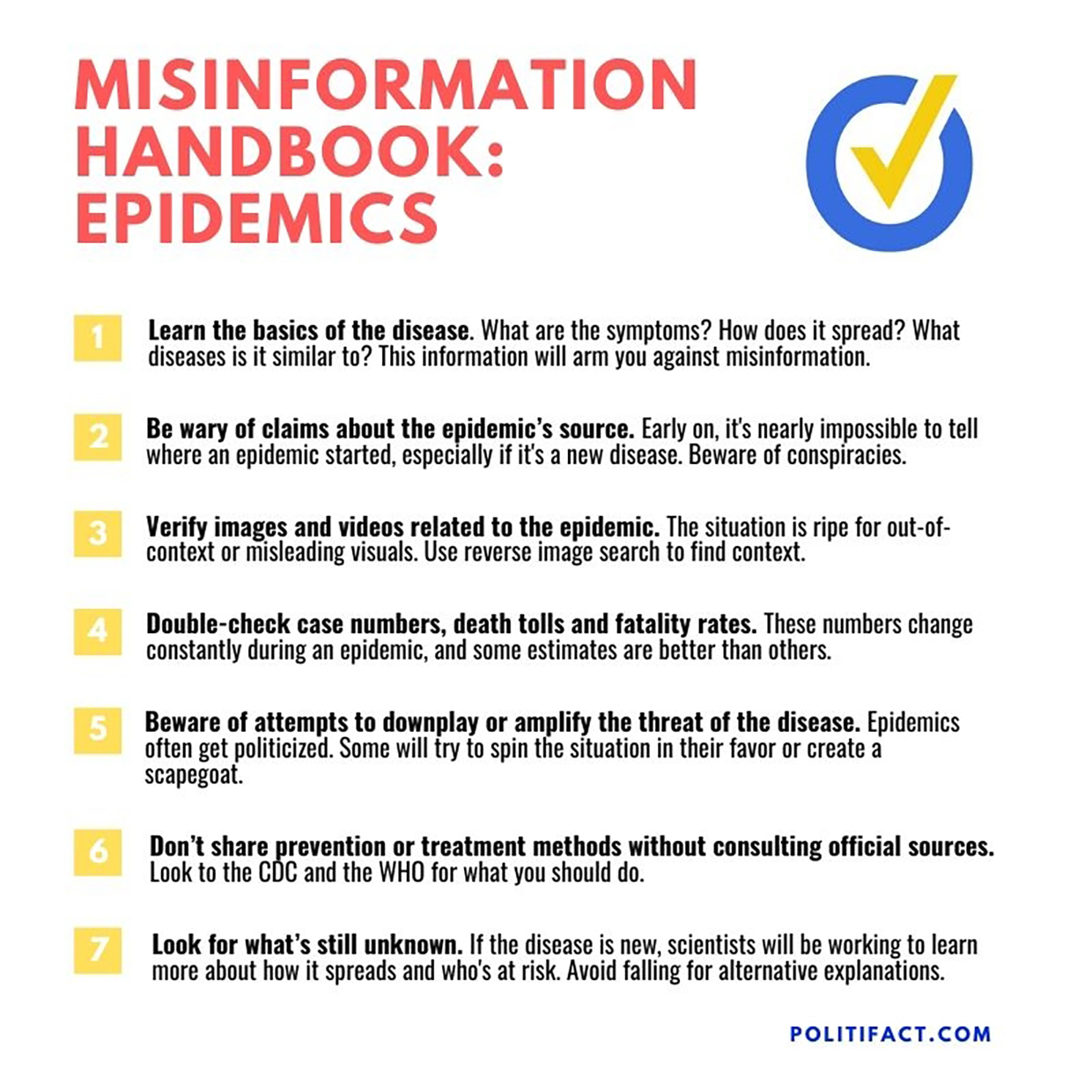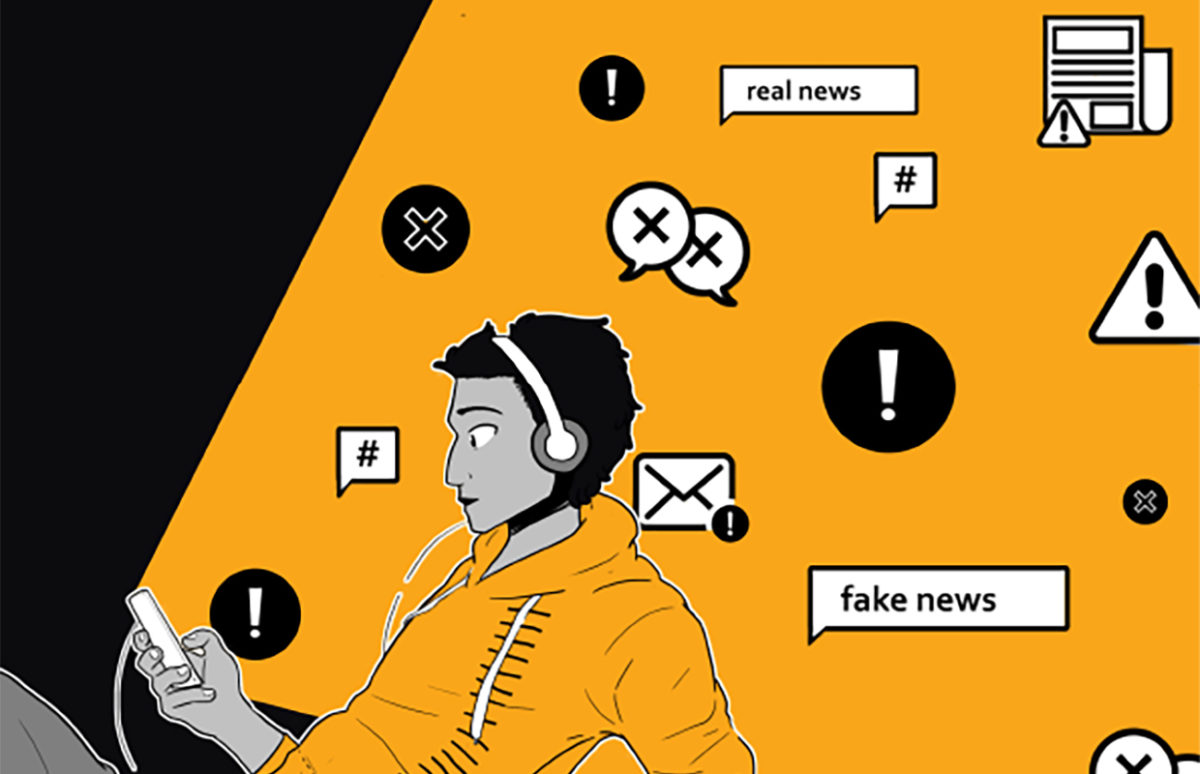International Fact-Checking Day is on 2 April - the day after the annual feast of benign fake news stories and hoaxes that is April Fool's Day. It promotes fact-checking to combat malicious fake news around the world.
The day is organised by the International Fact-Checking Network, a team of journalists around the world coordinated by Poynter journalism school in Florida.
The video below gives a face to some of the anonymous fact-checkers who chase down the truth around the world. It's subtitled as some of the journalists speak other languages than English. It could be used for reading comprehension from B1.
Check out their fake-news trivia quiz. You can play remotely with other players - it could be a good distance-learning activity for your pupils during lockdown. (From B1.)
There is also a downloadable lesson plan, and a PDF cartoon book by Luiz Fernando Nascimento Menezes introducing pupils to fact-checking from B1. It's available in seven languages, you could let your colleagues know.

Of course the topic that is generating the most fake news at the moment is the coronavirus pandemic. Here is the IFCN's concise guide to avoiding misinformation. You can find links to go further on their site.

This topic would make a good addition to Shine Bright 1e File 13 "Digital Democracy" or Shine Bright Terminale Shortfile 11 "Real or Fake?"
Copyright(s) :
IFCN
Luiz Fernando Nascimento Menezes
Tag(s) : "April Fools" "coronavirus" "EMC" "EMI" "fake news" "infographic" "media" "news" "quiz" "Shine bright 1e" "Shine bright Ter" "traditions" "video"





